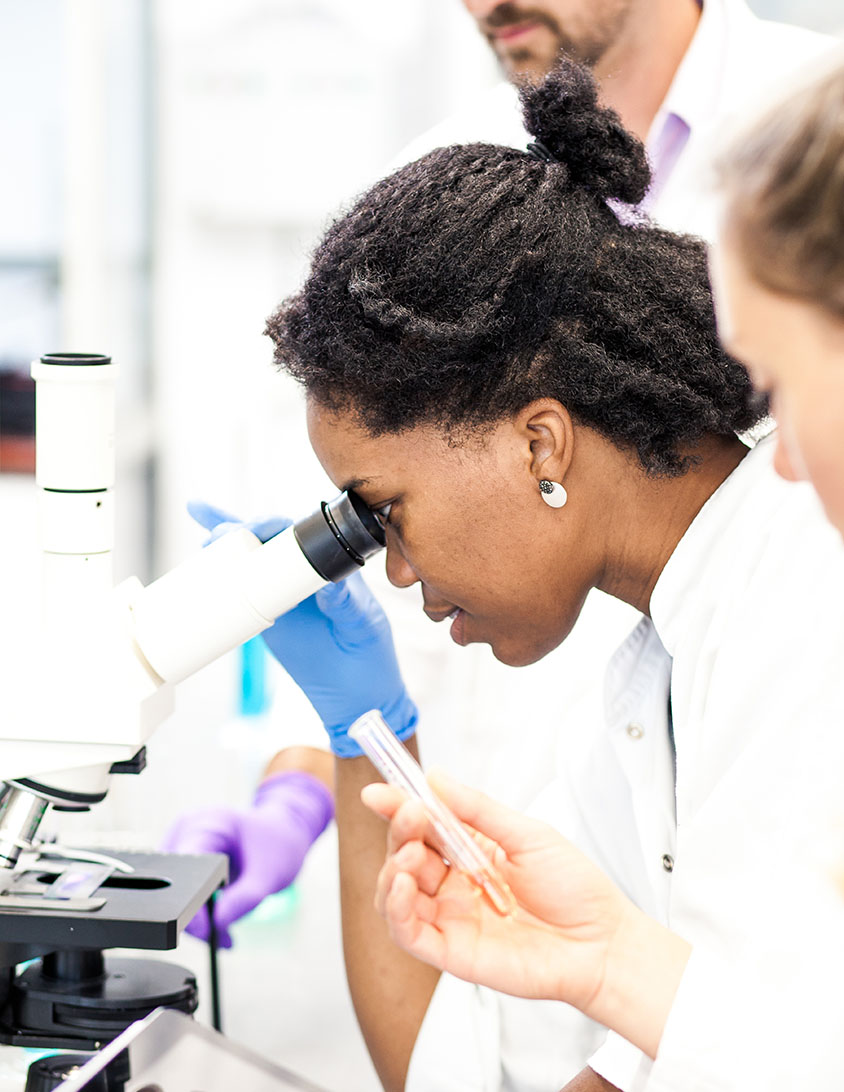
Oculopharyngeal Muscular Dystrophy (OPMD)
Causes/Inheritance
What causes OPMD?
The gene that’s defective in oculopharyngeal muscular dystrophy (OPMD) was discovered in 1998. It carries instructions for a polyadenylate binding protein (PABPN1) that’s normally present in the cell nucleus. 
Researchers suspect that in OPMD, the presence of extra amino acids in the protein made from a defective PABPN1 gene causes the PABPN1 protein to clump together in the muscle cell nuclei, perhaps interfering with cell function.
When muscle tissue from a person with OPMD is examined under a high-powered microscope, clumps of proteins called inclusions are seen in the muscle cell nuclei (the cellular compartments that contain the chromosomes), and bubblelike structures (vacuoles) appear in the muscle cells.
How is OPMD inherited?
OPMD is usually inherited in a dominant pattern, meaning only one copy of the gene responsible for the defect is needed to cause the disease. In rare cases, OPMD may show a recessive pattern of inheritance, meaning the person with OPMD got two copies of the defective gene, one from each parent.
The disease is most common in French-Canadian families or families of French-Canadian descent. There’s also a high incidence of OPMD among Hispanic residents of northern New Mexico.
OPMD also can affect people who aren’t of French-Canadian or Hispanic background.
For more on inheritance patterns in muscular dystrophy, see Facts About Genetics and Neuromuscular Diseases.

